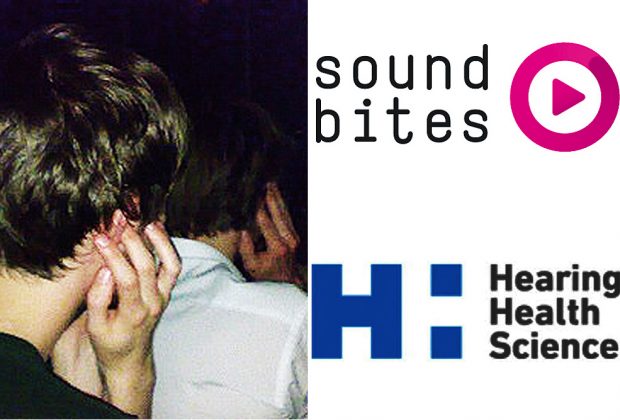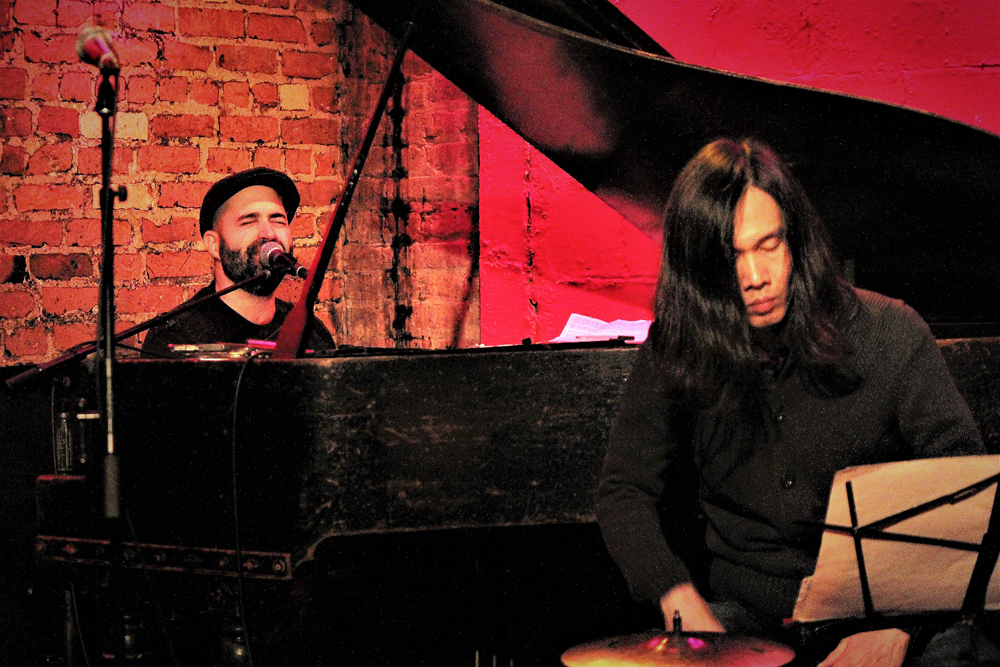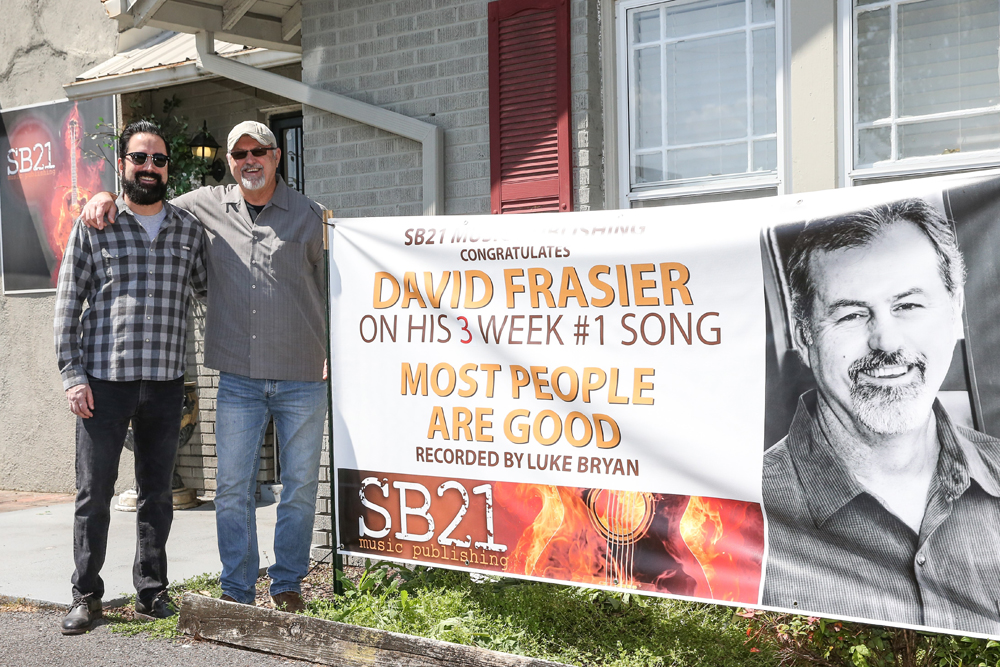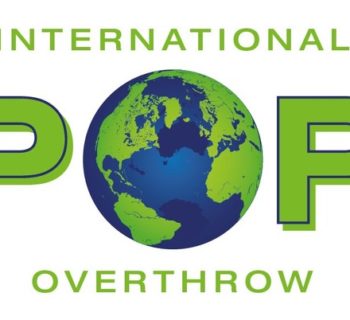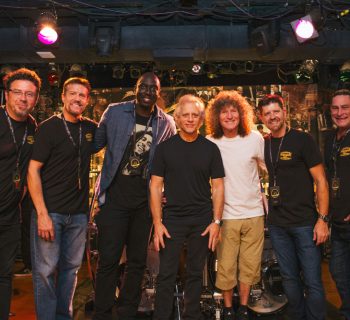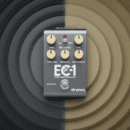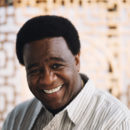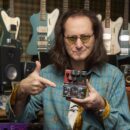Is music hurting our hearing? It’s well documented that music concerts are getting louder. In fact, they’ve become so loud, 120 decibels (dB) and up, they greatly exceed a safe level and could cause damage to our ears. Indeed, health experts agree that the volume at live concerts is in the danger zone. So much so, it’s common for fans and musicians to experience some form of impaired hearing following the show (pain, ringing ears, muffled hearing, hypersensitivity to certain sounds, vertigo, insomnia, et al). Whether that impairment is permanent or temporary depends on the damage done.
Additionally, more music fans are using earbuds and headphones to listen to music. Although convenient, their use could also cause damage that affects our ability to hear things normally. That really sucks for fans who like their music loud. Unfortunately, those omnipresent audio enhancers can have adverse effects on one of our most sensitive organs.
The likelihood of injury to our ears is so serious, and the evidence so strong, that Barry Seifer, co-founder and CEO of Hearing Health Science (HHS), believes, “It could become pandemic, and millennials could face hearing loss earlier than prior generations.”
His opinion is not far-fetched. Recent statistics note: 1.2 billion people suffer from hearing loss and 1.1 billion (age 12 - 35) are at risk for noise-induced hearing loss due to live music performances and personal music players. With extended exposure, sounds that top 85 dB can cause permanent damage to the hair cells in the inner ear, leading to hearing loss. In fact, 100 dB of sound can damage our ears in less than 30 minutes.
Seifer, however, refused to accept that probability as inevitable. Instead, he began a mission to find science that would serve the public interest. As a result, HHS developed Soundbites, a micronutrient that protects our inner ear cells.
But, it didn’t come easy, or quickly. It took 30 years of research by Dr. Josef M. Miller, a world-renowned inner ear neuroscientist. His research found that hearing loss was biochemical, rather than biomechanical, as previously thought, and involved free radicals. He discovered that inner ear cells don’t typically die because of physical damage. Instead they produce free radicals in massive excess when they’re exposed to intense sound and noise. Blood flow becomes blocked and excess free radicals choke the cells, depriving them of oxygen and nutrients. The science can be complex, but the remedy was simple... give the body what it needs.
Hundreds of experiments later (funded by government grants), HHS created a multi- patented therapeutic formula for hearing preservation—combining vitamins A, C, E (antioxidants—free radical killers) and magnesium (to boost blood flow)—called ACEMg (Ace Mag), promoted as Soundbites. Seifer explains, “ACEMg addresses the root cause of hearing loss by eliminating excess inner ear free radicals and maintaining normal blood flow. It does not restore hearing, but it makes the cells as healthy as possible.”
Currently, HHS is collecting data from Soundbites users. Most of the evidence is anecdotal, but HHS is moving toward clinical trials. HHS initially focused on the music scene, because Seifer says, “People involved with music—musicians, fans, engineers, producers, techs, dancers, etcetera— voluntarily put themselves at risk.” With that in mind, HHS launched Soundbites in the 2017 Grammy “goodie bags” distributed to attendees and at a music festival in Amsterdam. Additionally, there are plans to eventually introduce the micronutrient at other music events and festivals across the world.
Moreover, according to Seifer, “Our mission is to bring Dr. Miller’s discoveries to the world market and help alleviate hearing loss problems for everyone.” To achieve that goal, HHS is recruiting test participants involved with music. The company also wants to make Soundbites available to as many people as possible. To that end, for every package sold, HHS will supply the same thing to people in low-income countries who can’t afford it. Medical doctors have come on board as well, using Soundbites in conjunction with other medications.
Initially, Soundbites users trended toward an older demographic, those who already suffer some form of hearing loss. In fact, quite a few reported relief within 30 minutes. Lately, however, Seifer has noticed that younger people are also attracted to the product, especially those involved with music. “Some of them may believe they’re invincible, but they’re also smart and know when they’re in trouble.”
All in all, Barry Seifer sees a bright future for HHS and Soundbites. “Everything we do is scientifically validated. It’s pre-approved by the FDA, is safe to use and is good for health generally. We’re in the wellness business, that’s our focus and our motivation.”
For more, go to getsoundbites.com and hearinghealthscience.com

